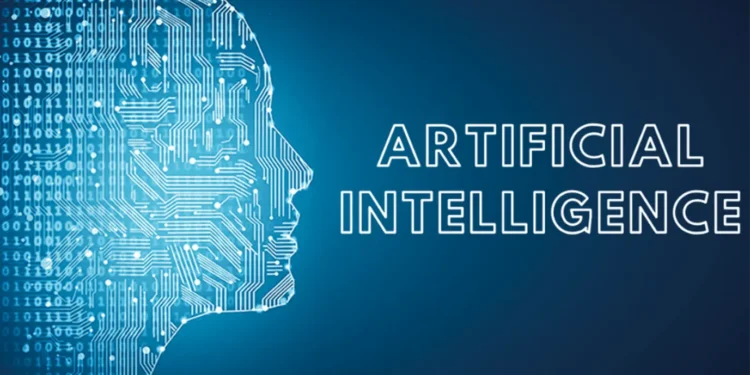Since the arrival of ChatGPT in November 2022, artificial intelligence has rapidly transformed workplaces across the globe. Whether it’s generating emails, summarizing meetings, or even drafting reports, AI tools like those from Google, Microsoft, and Apple have become indispensable to millions of workers. But as AI continues to evolve, there’s a growing question: Could the very tools you’re using to assist your work eventually take your job?
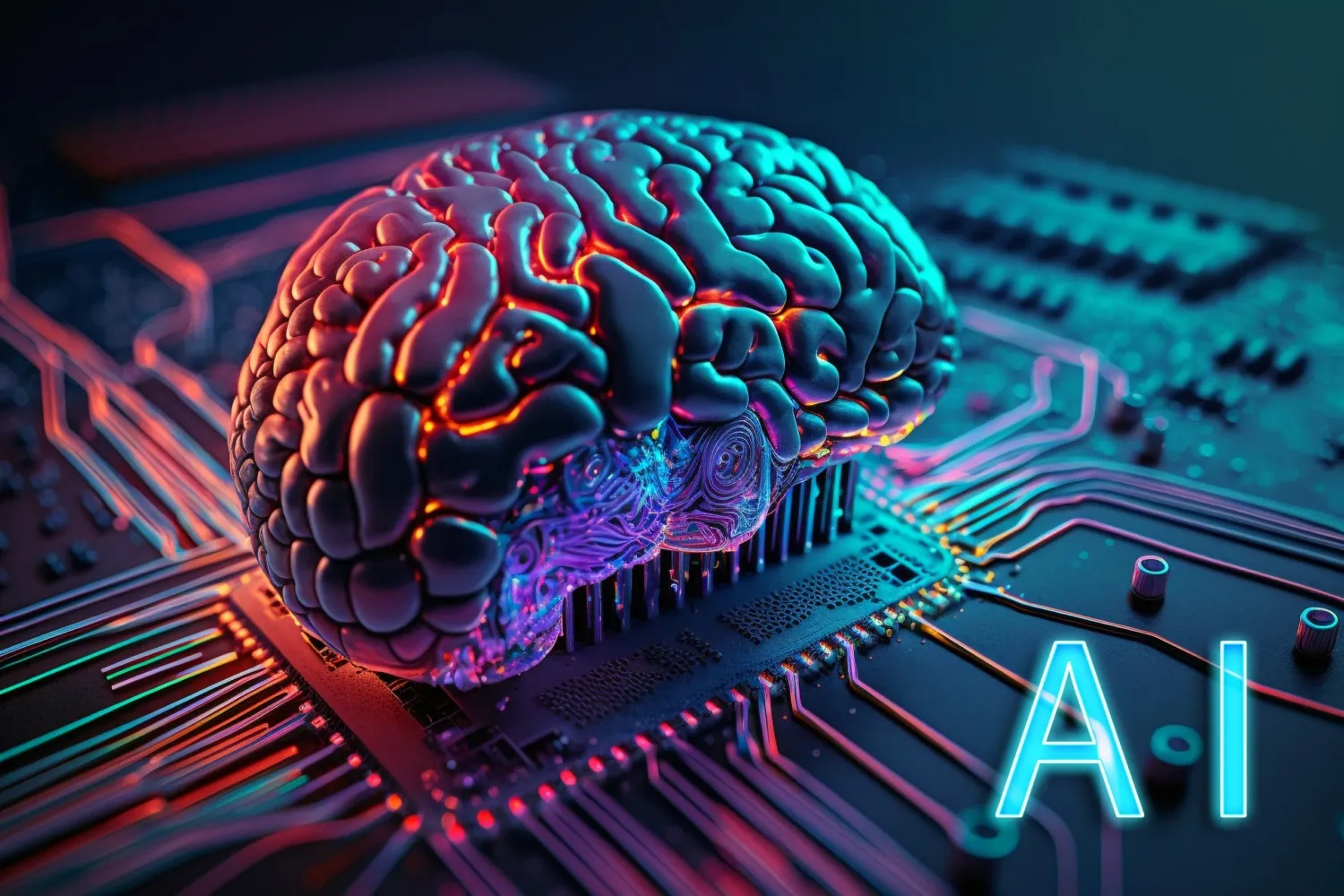
A new report from Goldman Sachs paints a stark picture of the future workforce, estimating that AI could automate as many as 300 million full-time jobs globally. Meanwhile, McKinsey has warned that up to 375 million workers could be displaced by AI by 2030. While these numbers may sound alarming, they are not entirely unexpected in the ever-changing world of technology. But which jobs are most vulnerable?
According to a recent survey conducted by Pew Research, three professions are particularly at risk of vanishing in the next two decades due to AI advancements: cashiers, journalists, and factory workers. These predictions come after an in-depth survey of over 5,400 U.S. adults and more than 1,000 AI experts, who shared their insights on the future of work in a world dominated by artificial intelligence.
The Jobs AI Experts Fear Will Disappear
The Pew Research survey, which was conducted between August and October 2024, sheds light on the professions most at risk. Both AI experts and the general public agree on the impact AI will have on several job sectors over the next 20 years. According to the results, the three jobs most likely to be automated are cashiers, journalists, and factory workers.
In fact, the survey found that 73% of both U.S. adults and AI experts predicted that AI would lead to a significant reduction in cashier positions within the next two decades. This is no surprise, considering the growing popularity of self-checkout machines and automated retail systems that can handle transactions with minimal human interaction.
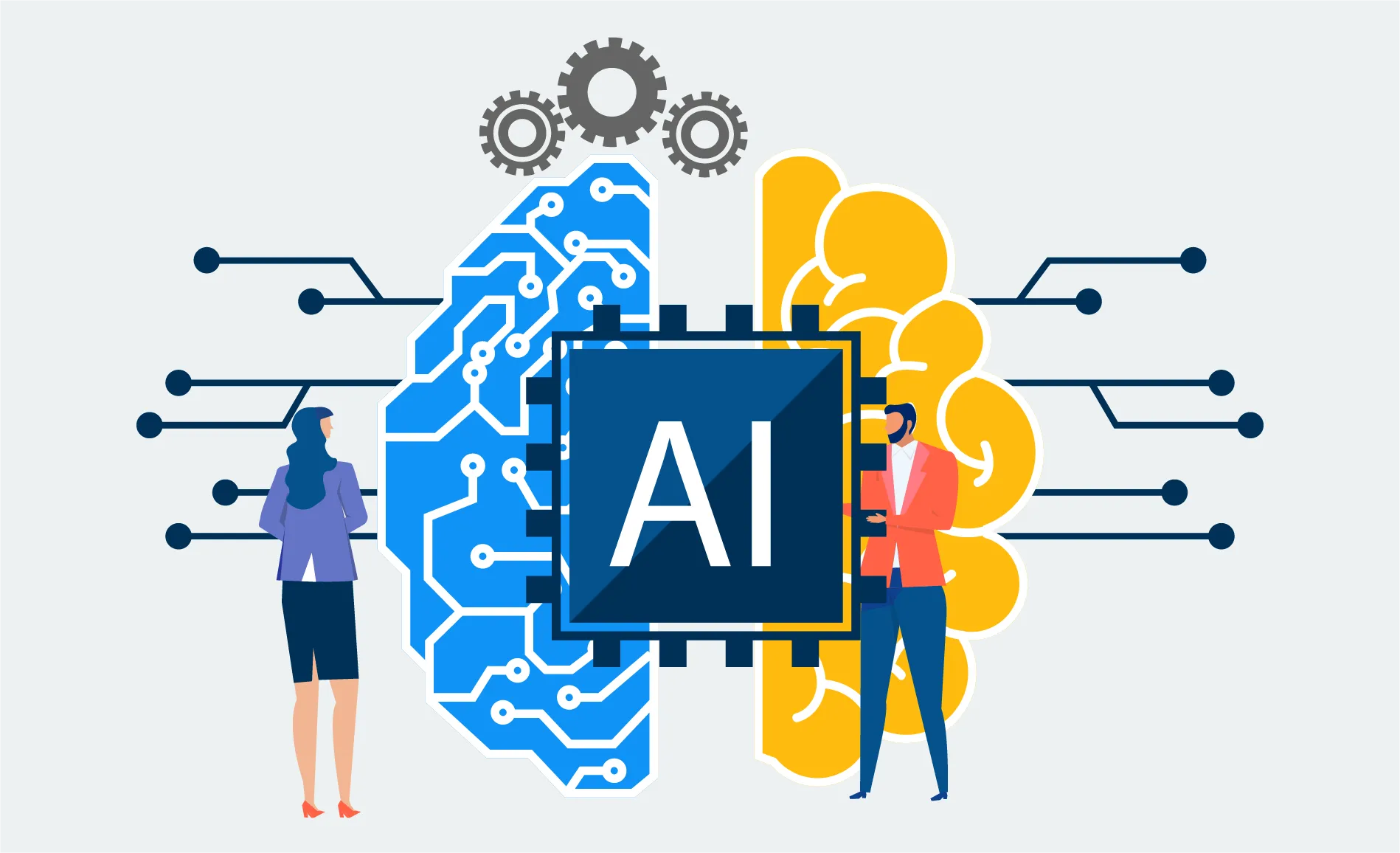
Journalists also face an uncertain future, with nearly 60% of respondents predicting that AI will drastically reduce the demand for journalism jobs. The rise of AI-generated content, like news summaries and automated writing tools, is already reshaping the media landscape. While some argue that AI can’t replace human storytelling, many experts believe that automated content creation will continue to encroach upon journalistic roles, particularly in areas like news aggregation and reporting.
Factory workers are another group at risk. While automation has already begun to revolutionize manufacturing processes, the next wave of AI could make factory jobs increasingly obsolete. According to the survey, 67% of the public and 60% of AI experts believe that AI will lead to fewer factory positions in the coming decades. AI-powered robotics and machinery are set to replace many manual labor tasks, making human workers less essential in some areas of manufacturing.
The Divide: Experts vs. The General Public
While AI experts and the general population agree on the potential job losses in certain sectors, there are some notable differences in their outlooks on the future of AI in the workforce. Experts tend to be more optimistic about the role AI will play, while the general public is more anxious about the potential for job displacement.
The survey revealed that 73% of AI experts believe AI will have a positive impact on jobs over the next 20 years, compared to just 23% of U.S. adults who share that sentiment. In contrast, more than half of the general public (64%) fears that AI will lead to fewer jobs, while only 39% of experts agree.
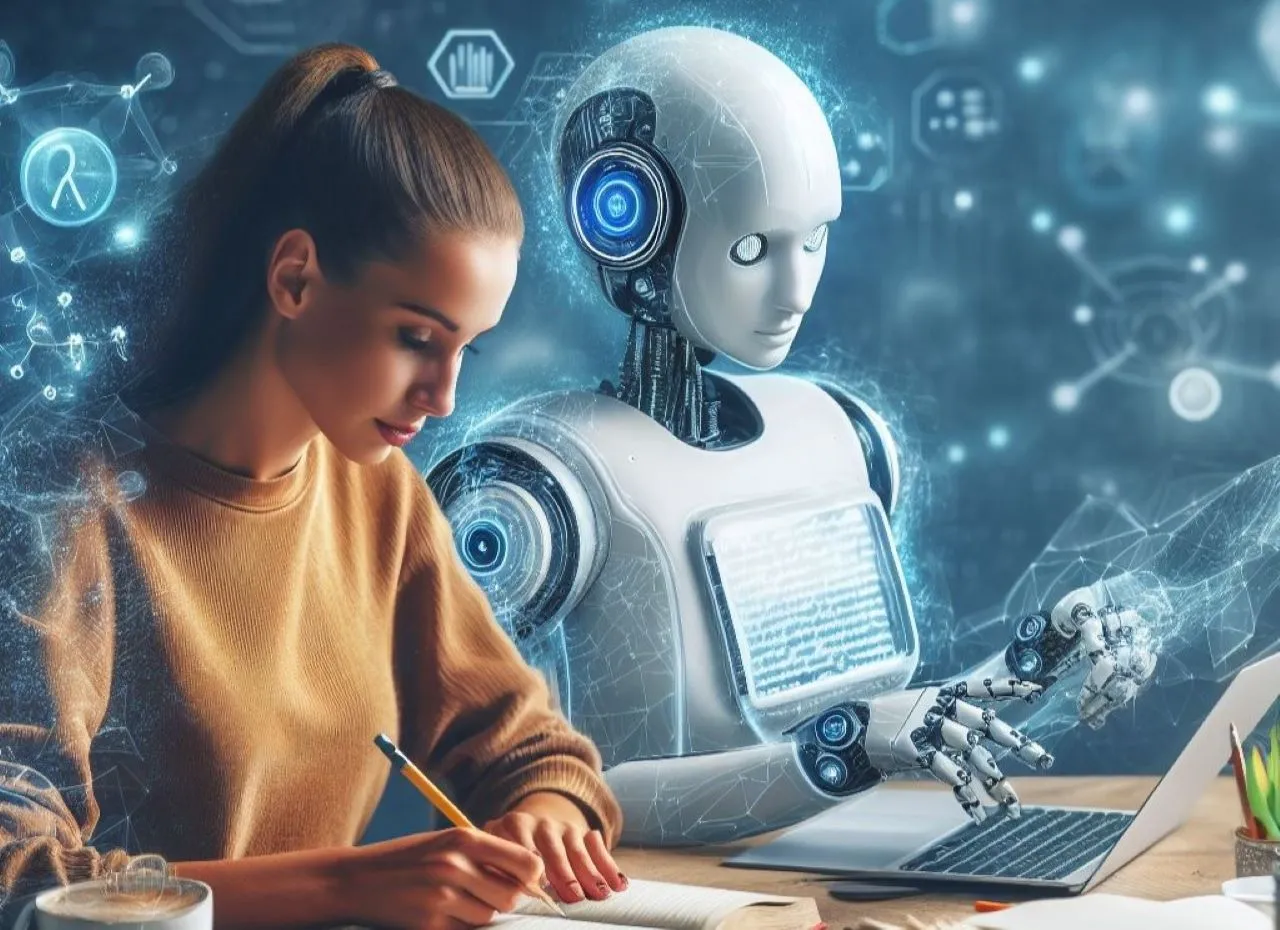
Despite the general public’s concerns, AI experts remain hopeful that AI will create new opportunities and improve productivity in the workforce. In fact, the majority of experts (56%) believe that AI will have a positive impact on the U.S. economy over the next two decades, while only 17% of the public shares that optimistic view.
What This Means for the Future of Work
As AI continues to evolve, it’s clear that the workforce will undergo significant changes. While some jobs will disappear, new opportunities will likely emerge as AI reshapes industries. However, the transition will not be easy for everyone, and the shift towards automation could create challenges for those whose jobs are at risk.
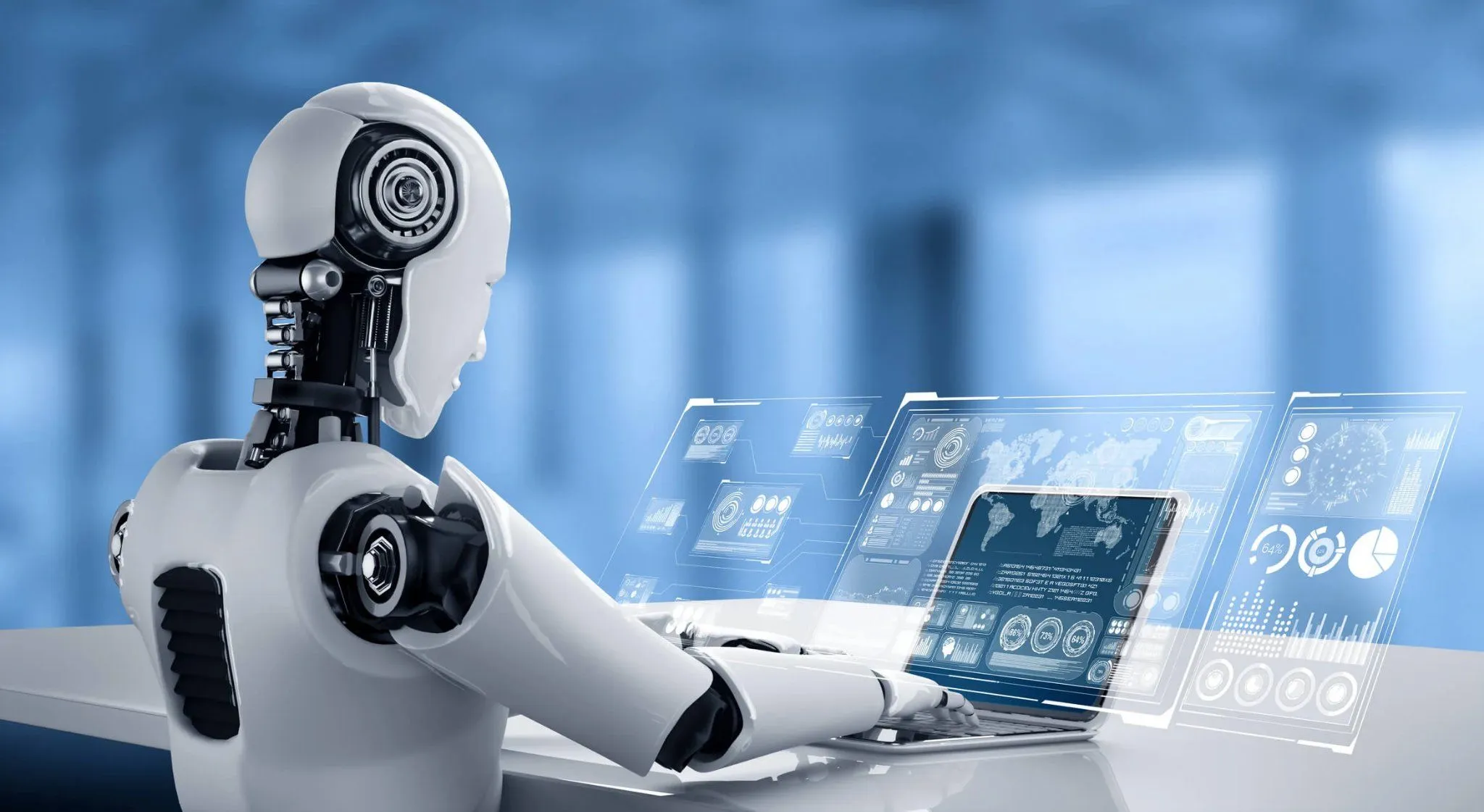
For workers in vulnerable sectors, like cashiers, journalists, and factory employees, it’s essential to adapt to the changing landscape by developing new skills and staying informed about the latest technological advancements. For AI experts, the challenge will be ensuring that automation doesn’t lead to widespread job displacement without providing opportunities for retraining and reskilling workers.
As the debate over AI’s role in the future of work continues, one thing is certain: the next two decades will see dramatic changes in how we work and live. The question remains—will we embrace these changes and use them to our advantage, or will we resist the inevitable march of technology?

